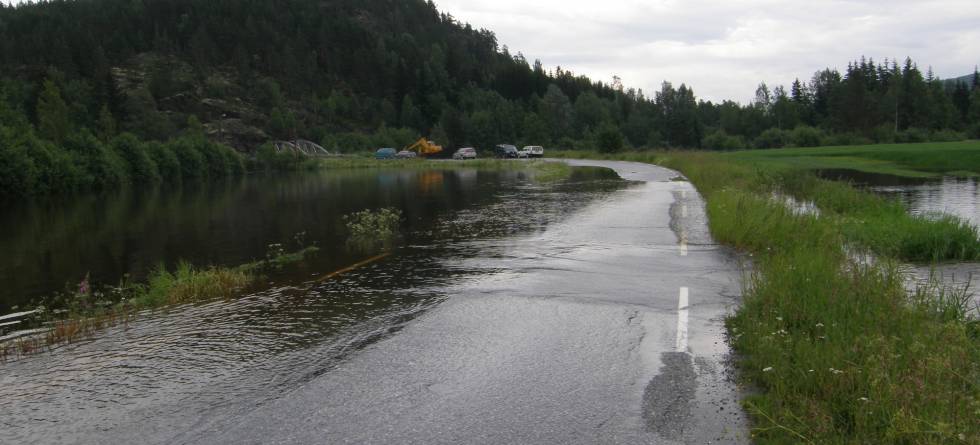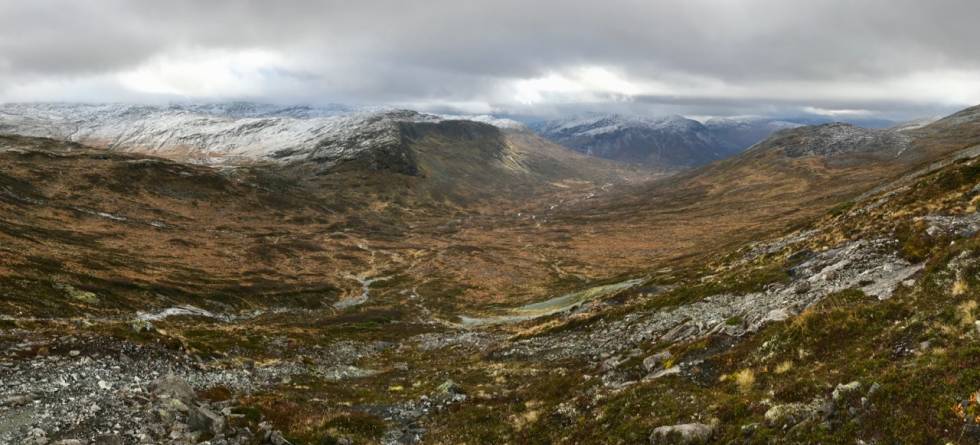Climate problems are so complex that they can't be handled by experts in one single field. Cooperating across sectors and disciplines is necessary, both in adaptation to future changes and on mitigation to avoid them.
“For instance, I may know something about the expected changes in rainfall,” says Erik Kolstad, researcher in climate dynamics at NORCE and the Bjerknes Centre. “but I don't know how that translates to flooding in a small village in a fjord. And I don't know how that village should proceed when trying to prepare for the rainfall and flooding changes.”
Together with Scott Bremer, environmental governance researcher with the University of Bergens Centre for the Study of the Sciences and the Humanities, Kolstad is organising a five-day course – Challenges in Co-production of Climate Adaptation Research (C3AR), at Kaardal Fjellstove in Mjølfjell. Both are also affiliates with UiB Center for Climate and Energy Transformation.
“What I can do is to provide information that can be used by other experts. There is a danger, though, that I won't provide the information that they need, hence the need for dialogue and co-production,” says Kolstad.

20 students, real life cases
20 participants, masters students, PhD candidates, and young researchers – from across the natural and social sciences and humanities – will attend the course.
The students will work together with practitioners from three municipalities and one county – Jølster, Osterøy, Voss and Hordaland – building on earlier climate adaptation projects like HORDAKLIM and CALENDARS, with experience from the recent years' Klimathon, to highlight the need for close collaboration between scientists and local government practitioners, in developing actionable knowledge. The work will be quite concrete in that they will formulate exploratory research proposals during the week.
“The goal is to provide them with skills in communicating with practitioners, writing proposals, and evaluate other people’s proposals,” says Kolstad. He's looking forward to the hands-on training.
“What excites me is the opportunity to address a problem in depth. I hope to learn a lot from the students and the other instructors, both in the working groups, over meals, and in our 'walkshop'.”

